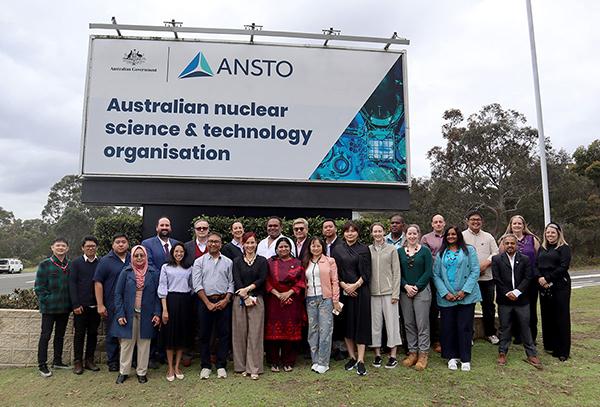Finland violated the rights of Sámi Indigenous people to culture and land, by granting mineral exploration permits on their territory without an impact assessment or an adequate participation process, two UN Committees have found.
The (CRC) and the (CESCR) today published their decisions after reviewing three complaints filed by different members of the Kova-Labba Siida Sámi semi-nomadic herding community -including three children- dealing with mining projects granted on their traditional territory.
Two of the cases are related to the granting of a mineral exploration permit on the complainants’ traditional territory, and a third one concerned the granting of a reservation area on their lands, all of which happened without an impact assessment or a process of effective participation in the decision making.
The victims brought their cases to the committees in 2021 and 2022 seeking to establish the responsibility of the State party to fulfil its commitments under the and the .
The Committee on Economic, Social and Cultural Rights found that the State party’s failure to give legal recognition to the rights of Indigenous Peoples to their traditional lands, which are also the base for their livelihood and income, had the effect of nullifying the recognition, enjoyment or exercise by Indigenous Peoples, on an equal footing, of their rights to their traditional territories and natural resources.
“Finland needs to initiate the process of legal recognition of the rights of Indigenous Peoples to their traditional lands, including through collective ownership, which can ensure the realisation of their right to self-determination,” said the CESCR.
The three children in the case brought to Committee on the Rights of the Child are sisters aged 13, 15 and 16, and members of a multigenerational Sámi reindeer herding family. They alleged that the mineral exploration works would cause unpredictable adverse consequences for the continuity of their culture, limiting their ability to benefit from the transmission of Sámi culture and livelihood.
The Committee on the Rights of the Child recalled that Indigenous children in particular, must be at the heart of such process, from their consideration in impact assessments to their effective participation in processes of free, prior and informed consent. The Committee found that the approval of the exploration permits without such process violated the children’s rights to enjoy their own culture and amounted to intersectional discrimination against the authors as Indigenous children.
“The preservation of the cultural identity of Indigenous children is crucial, as they represent the continuity of their distinct people. States must promote Indigenous children’s consultation on all matters affecting them, including issues concerning their traditional territories and environment,” said the CRC.
The Committees asked Finland to provide the complainants with effective reparation for the violations suffered, including through an effective review of the decisions concerning the mineral exploration project, based on an adequate process of free, prior and informed consent, accompanied by an independent assessment of the impact on the rights of the Sámi people.
The CRC decision can be found
The CESCR decision can be found







